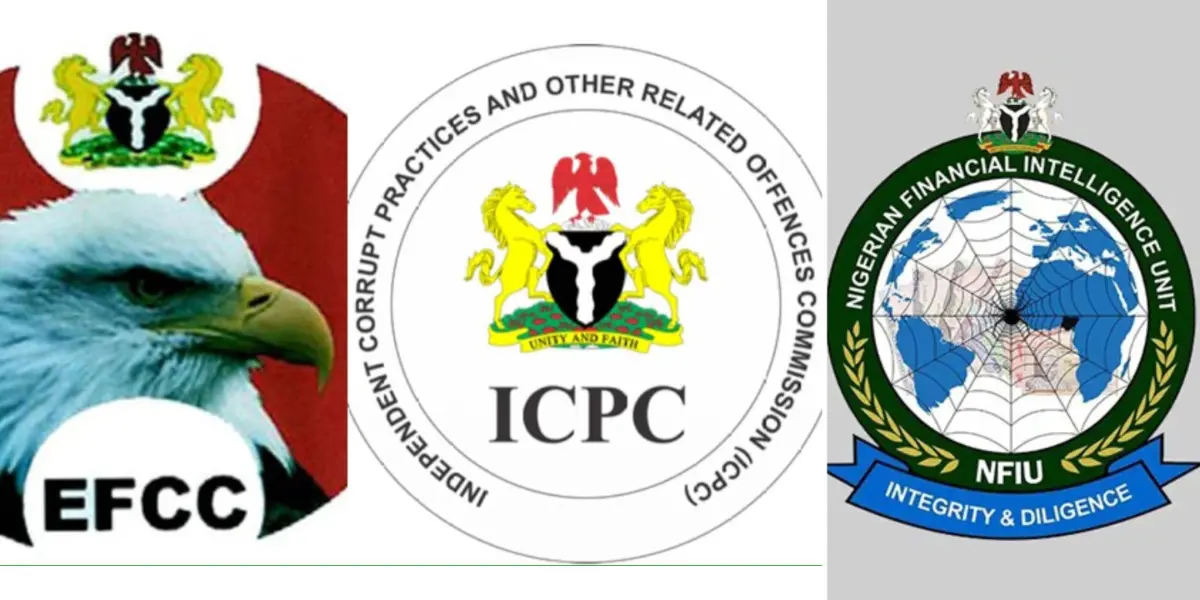
By Publisher
Kindly share:
“A convention would have been ratified by member states, and the National Assembly can make laws from it, which will be binding on all the states in Nigeria as it is in the case of EFCC Establishment Act,” the panel held.“In a country like Nigeria, the federating units do not have absolute power. The NFIU guideline is to present a benchmark and not to control the funds.
“Where an act of law is made by NASS like the NFIU and its guidelines, it is binding on all. Any act that has been competently enacted by the NASS cannot be said to be inconsistent.
“Where the NASS has enacted several laws on corruption, money laundering, etc., no state has the right to make law to compete with them. The investigative power of the EFCC cannot be said to be in conflict with legislative powers of the state assembly.
“I must agree with the AGF that the plaintiffs’ argument, that is, the Houses of Assembly of the plaintiffs’ states, is not tenable in law.”
The administration of former President Olusegun Obasanjo had created the EFCC but the 19 states had challenged the legality of its creation, arguing that Section 12 of the 1999 Constitution, as amended, was not complied with before the EFCC began its operations.They further contended through their respective Attorneys General, that contrary to its creation, the Constitution mandated the majority of the Houses of Assembly of States to vote and agree to the passage of the EFCC Act.





